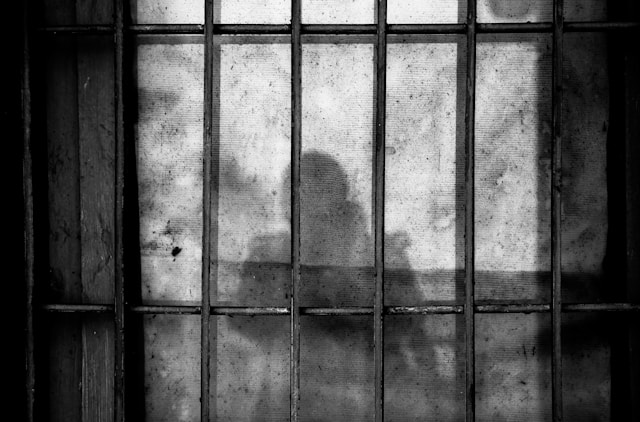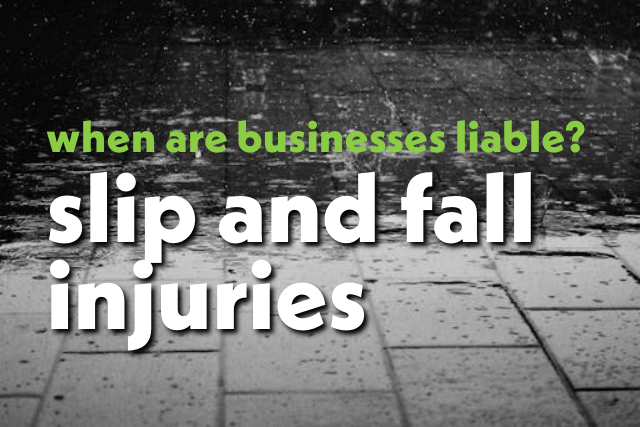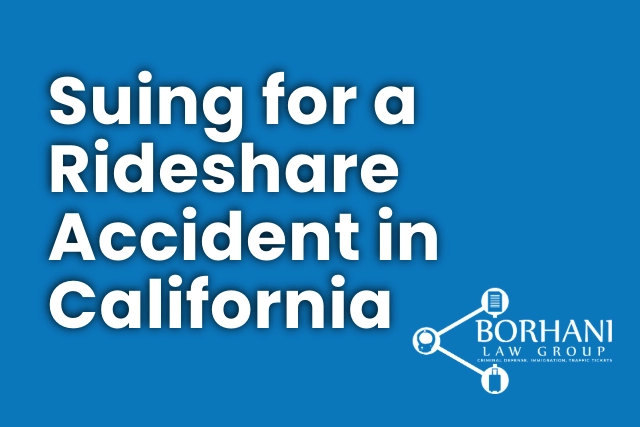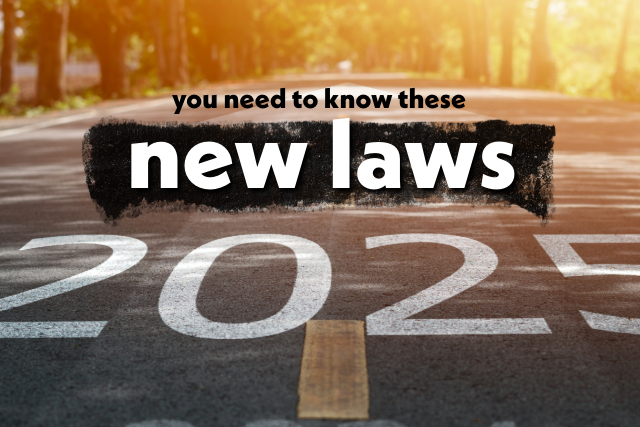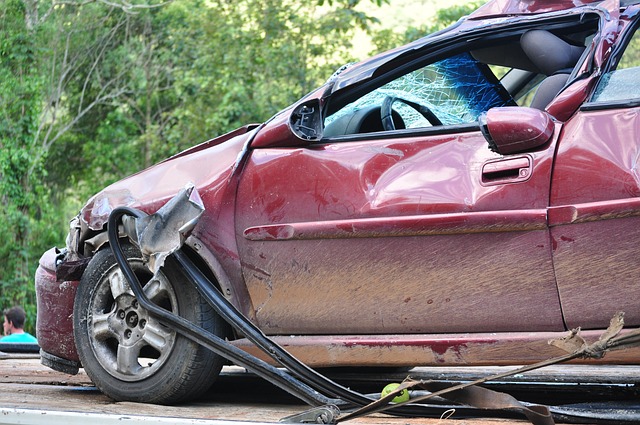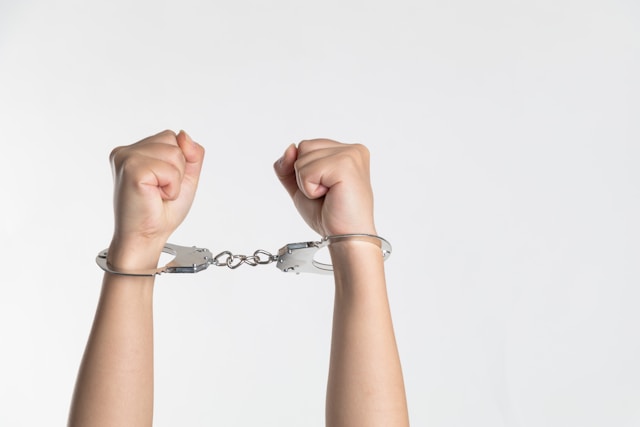Serving time in a correctional facility is obviously a punishment on its own. Depending on the crime, prisoners can spend a tremendous amount of their lives behind bars. However, once the term is served and an individual is no longer a prisoner, having a criminal record afterwards can debilitate the chance to move forward in employment, housing, relationships, and everyday life.
One of the first things an employer (or landlord) will usually ask of its recent hire, after filling out simple identification questions, is a background check. Among the information revealed on a background check is the applicant’s basic information, like address and name, current and past arrests, bankruptcies, and any misdemeanors or felonies on record. Any private employer has the right to deny or fire an employee for having a criminal record. This fact can make it extremely difficult to find employment after getting a criminal record and trying to make a life.
With California’s new bill, those with criminal records have the chance to have their records sealed and restricted from sight from employers; essentially, to be cleared.
Last year California’s Senate Bill 731 went into effect, giving criminal record relief to potentially millions of Californians. Under the new law, felons with records of most crimes, excluding sex offenders, can have their records electronically sealed. Arrest records without conviction are also eligible to be cleared. Having records cleared can give individuals the opportunity to obtain work in teaching and school related environments and teacher credentialing, where it once was difficult and nearly impossible to gain access to with a criminal record.
What Criminal Offenses Can Be Cleared?
SB 731 expands the scope of criminal record sealing in California, allowing individuals with certain offenses to clear their records. Here are some specific examples of offenses and their corresponding Penal Codes that can be eligible for record sealing under SB 731:
Possession of a Controlled Substance:
Penal Code 11350: Possession of controlled substances (e.g., heroin, cocaine).
Theft and Related Crimes:
Penal Code 484(a): Petty theft.
Penal Code 459: Burglary.
Penal Code 487: Grand theft.
Penal Code 496(a): Receiving stolen property.

Vandalism and Property Damage:
Penal Code 594: Vandalism.
Drug Offenses:
Health and Safety Code 11377: Possession of methamphetamine.
Driving Under the Influence (DUI):
Vehicle Code 23152: DUI of alcohol or drugs.
Assault and Battery:
Penal Code 240: Assault.
Penal Code 242: Battery.
Domestic Violence:
Penal Code 273.5: Infliction of injury on a spouse or cohabitant.
Penal Code 243(e)(1): Domestic battery.
Prostitution and Related Offenses:
Penal Code 647(b): Solicitation of prostitution
Nonviolent Felonies: Many nonviolent felony offenses are eligible for sealing under SB 731, provided the individual meets other criteria such as completing their sentence and maintaining a clean record for a specified period.
Misdemeanors: Numerous misdemeanor offenses are eligible for sealing, especially if they do not involve serious harm or violence.
How Can I Take Advantage of SB 731?
In order to take advantage of the SB 731, the recorder holder must first have fully completed their sentence and have no contact with the criminal justice system for four years. All records will still be available to law enforcement. The conviction should be automatically cleared.
Although there is no official tracking of how many cleared records there have been, a record of 26 expungements in Sacramento County, 72 in Kern County, and 48 in Riverside County have been cleared.
When SB 731 Doesn’t Automatically Clear your Record
SB 731 provides automatic record clearance for individuals who have completed their sentences and have gone four years without any further convictions. This applies to most felonies, excluding certain serious or violent crimes and registered sex offenses.
If a conviction is not automatically cleared under SB 731, individuals have the option to petition the court for record clearance. This process involves:
- Filing a petition in the court where the conviction occurred.
- Providing evidence of rehabilitation and meeting other court requirements.
A record holder must file a Record Clearance Application first, which “takes back” the original plea, in front of a court, and a judge has the last say in the petition, who can grant or deny the clearance of a record.
What’s the Difference Between Sealing and Expungement?
Sealing and expungement are different processes for handling criminal records. Sealing hides the record from public view but allows access to law enforcement and certain agencies. Expungement erases the record, treating it as if the crime never occurred.
SB 731 Summary
Sealing Focus: SB 731 expands the ability to seal, not expunge, criminal records in California.
Scope: Aims to help more people with a broader range of offenses.
Eligibility: Sets criteria and waiting periods for sealing records.
Relief: Eases employment and housing barriers by hiding records from public view.
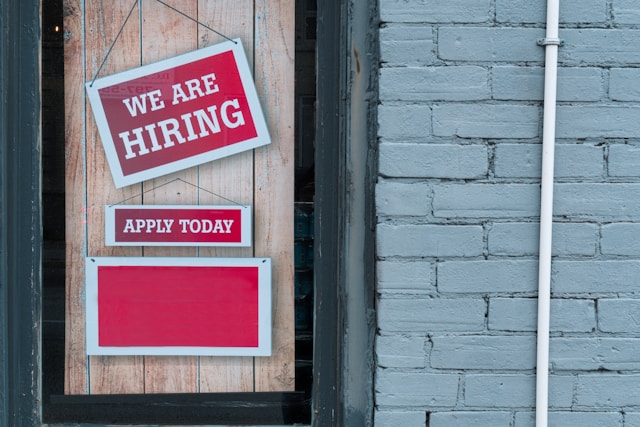
Access: Law enforcement and certain bodies can still access sealed records, unlike expunged ones.
SB 731 primarily helps individuals reintegrate into society by reducing the stigma of a criminal record while keeping some legal system access.
When to Call a Lawyer
Hiring an attorney to make sure everything in the petition goes smoothly will help the chances of getting a record cleared, especially when it comes to appearing in court. Saam Borhani from Borhani Law Group can help—please call 818-359-6306.
This bill not only helps housing and employment, but also has a bigger picture. It helps people holding records become the people they want to be, the parents they want to be, and to move forward in their lives.
Sources:
Safeandjust.org
calmatters.org
dmv.org
Scscourt.org
Openai.com


